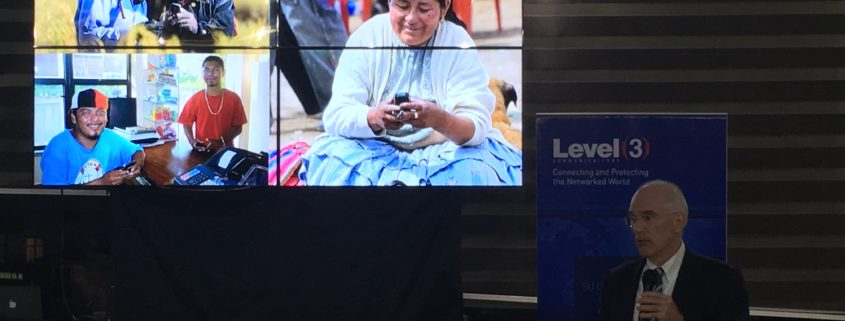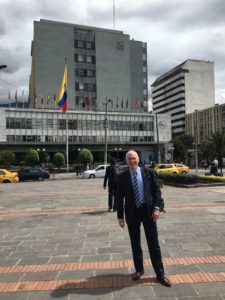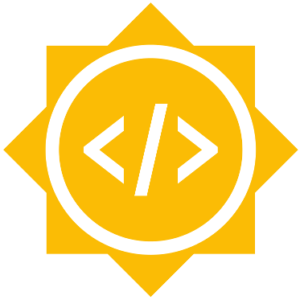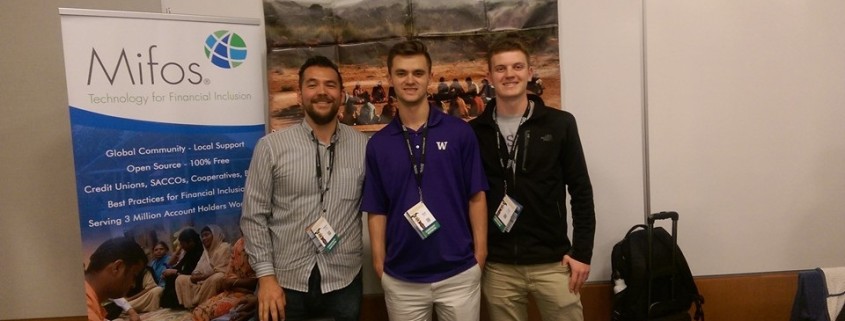Hello Mifos Community!
I’m back again with another post about yet another conference.
Over this past weekend, I was blessed with the ability to go to OSCON, an Open Source conference centered on the power that open source technology can have over a variety of industries, countries, and methodologies. From healthcare reform to open source cloud computing, this conference had an amazing variety of industries that were positively impacted by open source technology. To give you a glimpse of our weekend, I would like to both highlight a few of my favorite moments and give some insight into how the Mifos Initiative has both been a beneficiary and contributor to the open source movement.
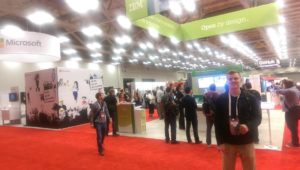
Unlike most years, this year OSCON was held at the Austin Convention Center in Austin, Texas. Personally, I thought it was very powerful holding the conference in Austin, (a vastly different city than its predecessor Portland) as it shows how open source is now truly a national movement and is being embraced across the country, even in areas that are historically more resistant to change. With the new venue came a host of new organizations and new speakers, all with new views and stories on how open source has helped advance their respective fields in one way or another. Below are a few of our favorites:
Performance Case Study: Capital One’s quick shift from closed source to open source
This session was especially intriguing to me, as a large bank (Capital One) is finally starting to embrace the open source movement that we at the Mifos Initiative have been a part of since 2006. After the first few minutes of the session, it was easy to see the commonalities between the big banks and our open source initiative. One common thread was the idea that banks must be a technology company first. In other words, in order to be a successful organization, the bank had to produce a banking platform that was easily scalable, user-friendly, and customizable to suit client needs. Sound familiar? All of these features are what we at the Mifos Initiative hang our hat on and are what makes the open source movement so powerful. In our age of agility, scalability, and customization, big banks are beginning to realize the power that the smaller open source initiatives, like the Mifos Initiative, are starting to have on a global scale.
Modern JavaScript Architectures: Clients, microservices, and containers
This session was more technical than the other sessions I went to but nevertheless fit very well with the third generation of our Mifos platform. For those of you that don’t know, the third generation of our platform encompasses taking our current MifosX platform and converting it to a series of microservices that we will containerize and navigate using a variety of cloud-based apps. So, as you can already tell, this talk directly correlated to the work we are doing in the conversion from our current Mifos X platform to the third generation of our open source platform. While I am currently on the business side of the Mifos Initiative, this talk helped me visualize how our platform will be set up at the developmental level. It was a great way to learn more about the inner workings of our platform and see how and why we are following the popular trend towards microservices and cloud-based apps.
Want students who are ready to contribute? Here’s what they should know.
As a student at the University of Washington, this session also struck very close to home for me. I’m lucky to have gotten the opportunity to intern for a great organization that works in the open source community, but not everyone is as fortunate as I am. For those that do not get exposed to the power of open source technology, how do we, as teachers and industry professionals help mold the future developers of the world? As a Google Summer of Code mentoring organization, the Mifos Initiative deals with this issue quite often. While we hope to get interns that are well equipped to take on any project we give them, we realize that not everyone is set up for success coming out of college. In order to maximize the production of these interns, we realize that we have to utilize the techniques given in the session to make sure all our students are ready to contribute right away so our projects will get done faster and more developers will be getting necessary experience to help them start their open source development careers.
————————————————————————————————————————
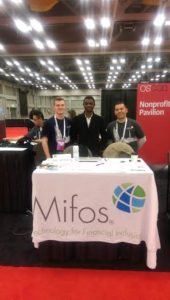
In addition to the new speakers and exhibitor crowd, we were happy to see that a few members from our Mifos community made the trek from Cameroon to learn more about our organization and our industry. Among them was Nyah Check, a good friend of Ayuk the head of Skylabase Solutions, our partner organization in Cameroon working on creating a customized Mobile Wallet/Mobile Money application integration with Mifos. Nyahis currently in the States trying to learn as much as he can about open source technology from the various conferences he’s attended. He hopes to bring this knowledge back to Cameroon so he can build on top of the Mifos banking platform to give needed support to his community back home. He is truly an inspiration to everyone at Mifos and is living proof of just one of the millions of people that we have reached through our open source banking platform.
To wrap up, I would just like to say a quick thank you to our very own director Director of Community Programs, Ed Cable. It was a pleasure running the booth with you and I had a great OSCON experience. I look forward to many more exciting adventures with the Mifos Initiaitive over the summer!
Signing off,
Drew Fass
4th Generation Mifos Intern
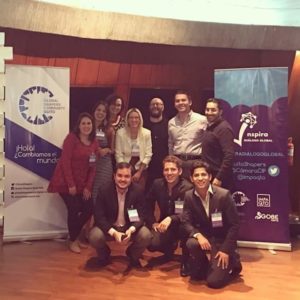 ission bank in Ecuador. The team met for two hours discussing the Mifos operational model and giving demos of how the system will function. The leadership within the bank is eager to move forward with the Mifos Financial Inclusion Cloud!
ission bank in Ecuador. The team met for two hours discussing the Mifos operational model and giving demos of how the system will function. The leadership within the bank is eager to move forward with the Mifos Financial Inclusion Cloud!

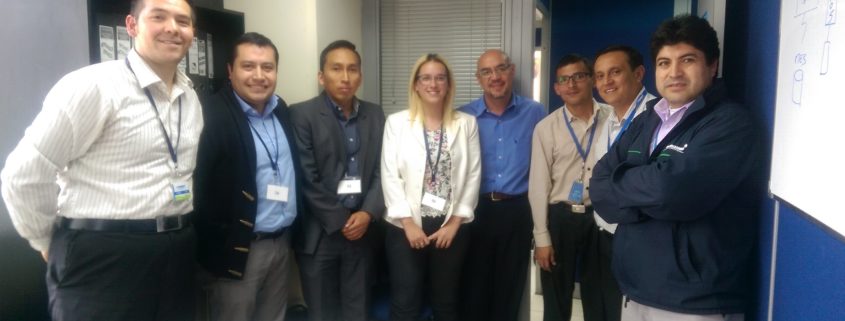
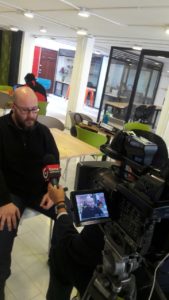
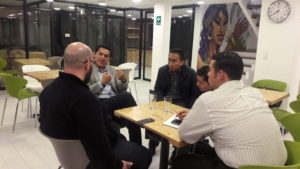
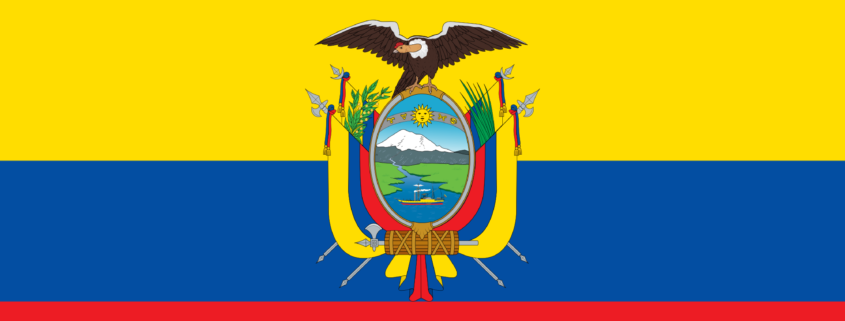
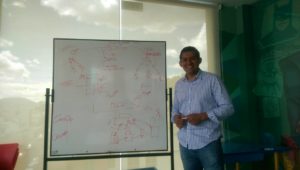

 This a guest post from Ayuk Etta
This a guest post from Ayuk Etta